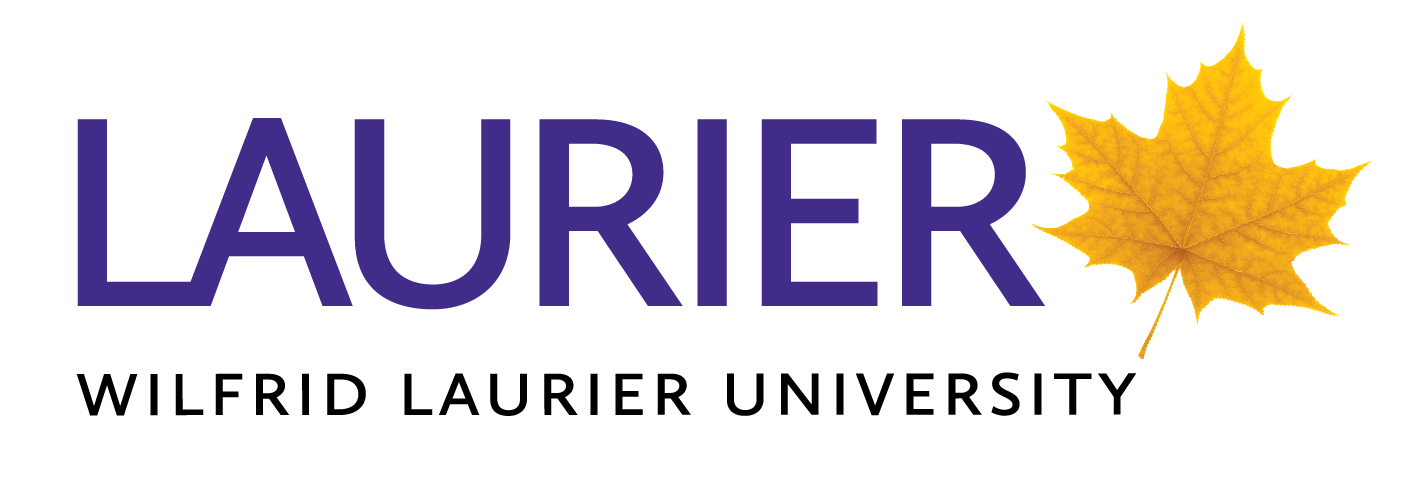0559 - 2025 Easton McCarney Lecture Series | Innovations in Practice: Social Work Today
Course Description
This free lecture series is supported by the Easton McCarney Memorial Fund.
The 2025 Easton McCarney lecture series, Innovations in Practice: Social Work Today, delves into the evolutions, challenges and thought-provoking directions in social work and mental health. This series explores how emerging practices are transforming the way professionals address complex social issues, empowering communities and individuals alike.
As the field of social work continues to evolve, staying informed and adaptable is essential. Whether you’re a seasoned practitioner or beginning your career in the field of mental health, these lectures will provide invaluable insights into innovative tools, strategies and clinical applications that are helping to drive human potential and well-being.
Join us for a series of engaging discussions that not only highlight cutting-edge practices but also inspire a collective commitment to building a more just, compassionate and sustainable society.
All lectures will be held virtually via Zoom and are open to everyone. The lectures will not be recorded.
January 27 | 12-2 p.m. ET -- The Power Of Multiplicity: A New Lens for Transformative Social Work
April 29 | 9:30-11:30 a.m. ET -- Can Virtual Reality and AI Ever Be Implemented in Clinical Mental Health Settings?
September 25 | 12-2 p.m. ET -- The Psychedelic Renaissance: Rediscovering Ancient Healing for Modern Mental Health
December 5 -- Ecological Grief (Details coming soon)
Notes
For more information contact the Faculty of Social Work Professional Development office:
Email: fswprofessionaldevelopment@wlu.ca
Phone: 548-889-5128
Phone: 548-889-4967
Cancellations
If you need to cancel your registration, please email us at fswprofessionaldevelopment@wlu.ca.
Website: More information on our Professional Development program is available on our website.

